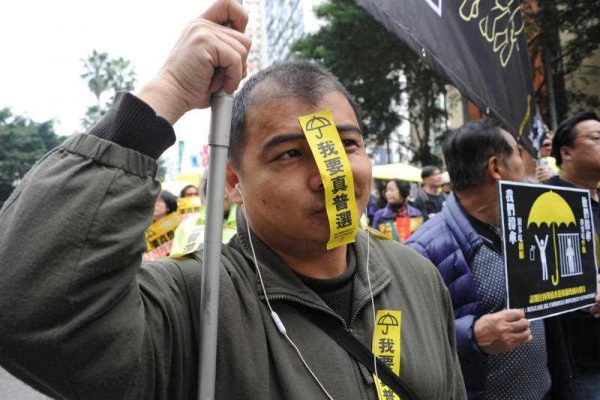In August 2014, the Standing Committee of the National People’s Congress in Beijing made a decision for the chief executive election in 2017 which amounts to a preselection of the candidates. The decision divided the community and led to an impasse over the long-awaited reform of Hong Kong’s political system. The Hong Kong government has since announced its second stage of consultation over political reform under Beijing’s framework. Beijing has insisted on making no further concessions. Should a compromise fail to be reached and the legislature veto the reform proposal, Hong Kong will likely plunge into another phase of political paralysis.
But even if the proposal endorsed by Beijing is implemented, many structural difficulties of the Hong Kong polity have yet to be addressed. For instance, how can the chief executive command support in the legislature if he does not enjoy the support of a political party? If a governing coalition is to be forged by Beijing, it will follow Beijing’s lead, not the chief executive’s. How will the current system (which restricts party politics) groom political talent or facilitate political consensus?
The protests revealed that the younger generation has emerged as a new political force to be reckoned with. The pan-democrats that once led the democracy movement may have to make way for new, action-oriented activists. Accompanying this generational shift is the use of social media for political mobilisation and the organisation of counter-protest groups by establishment forces.
But paradoxically, the protests may have expedited the erosion of Hong Kong’s precarious autonomy. Beijing has taken a firm stance in reaction to the Occupy protests. The central authorities handled the protests firmly, weakening the autonomy and authority of the Hong Kong government.
Recent remarks by Beijing officials suggest that central policy toward Hong Kong will become even more intrusive, including in the areas of education and youth policy, which historically have been within Hong Kong’s purview. Increased surveillance and harassment of academia, students, NGOs and the media may also ensue. It is not difficult to imagine that the national security legislation will be introduced.
While some believe that the selection of 2 or 3 candidates by the 1,200-person nomination committee — the most acceptable solution to Beijing — would still represent a Hong Kong version of universal suffrage, others think this would simply mean a fake democracy which should be rejected outright.
But almost everyone across Hong Kong’s political spectrum agrees that the quasi-democratic polity under the Basic Law must move forward. The existing system fails to produce a chief executive who can command sufficient legitimacy for effective governance. The current CY Leung administration is noted for its lack of popularity, despite its efforts to improve housing and other issues that impact on the livelihood of Hong Kong residents.
In 2015 and beyond, every possible misstep of the government could turn into a battle ground for activists to challenge the authorities. But the pro-democracy opposition still needs to balance their demands for democracy with the respect for the wishes of citizens. The non-cooperation movement they initiated may backfire: recent polls suggest that the majority of the people would accept the current reform proposal and expect the Legislative Council to pass it.
2014 will be remembered as one of the most eventful in contemporary Hong Kong history. The old political order under the Basic Law regime has reached its limit, but a new order has yet to be formed. Political cleavages may take years to mend. Until they do, Hong Kong will continue to tread a painful path toward an uncertain future.
Peter TY Cheung is Associate Professor of Politics and Public Administration at the University of Hong Kong.
This article is part of an EAF special feature series on 2014 in review and the year ahead.


Democracy is a subjective term. For more than 150 years, the governor of Hong Kong under British was appointed by the British government and never elected. But I do not hear anyone in the West calling it undemocratic. After more than 268 years of American democracy, American citizens have a more realistic understanding that politics is controlled by Big Money and there really no choice between tweddle dum and tweddle dee. If that is what drives the inspiration of Hong Kong students who are willing to throw their society into chaos and obstruct daily lives and social paralysis, all I can say is “cool.” I just feel sorry for the majority of Hong Kong society that just want peace and less civil strife.